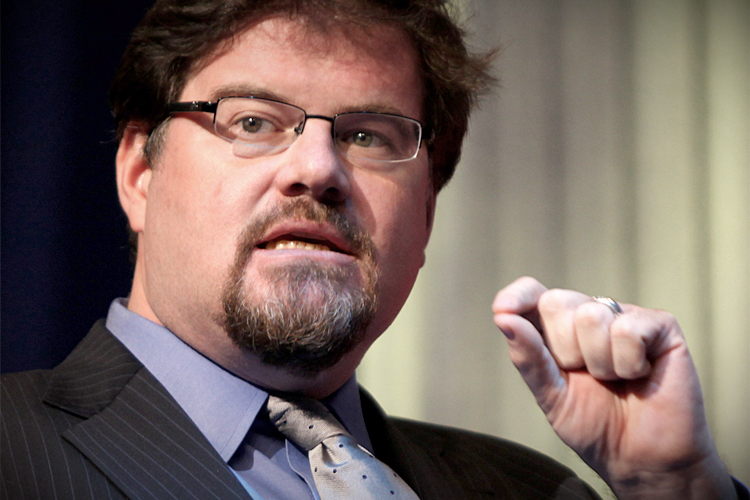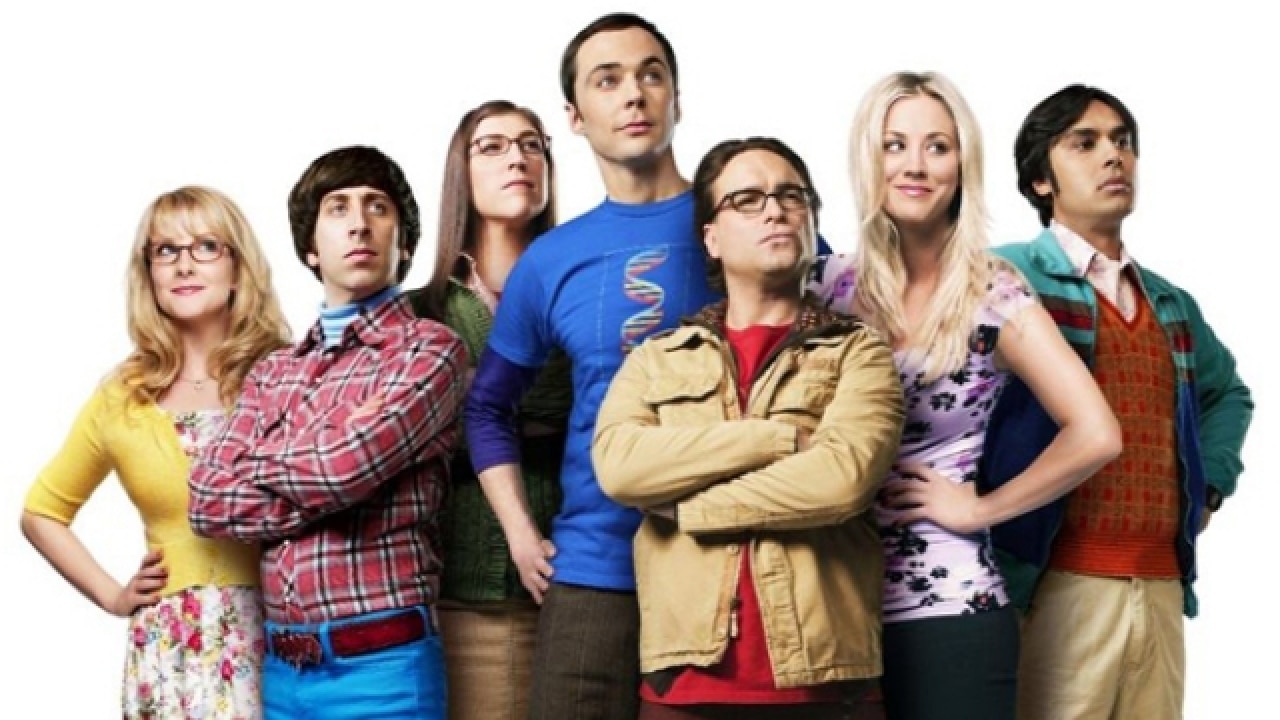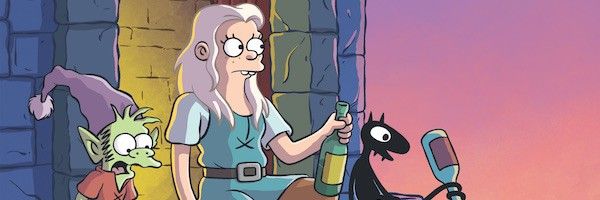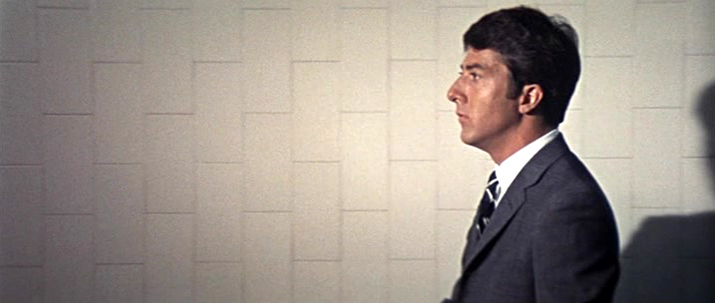Believe it or not, today I was set to run a post (written a few weeks ago) about
Rose's Dilemma, the last play Neil Simon presented on Broadway. Then I heard
Simon had died. I'll put up the piece on the play later--though, alas, it's not positive. (I'll have to rewrite it a bit, since I wonder in it how much longer will Simon be around.) Today, let's talk about his career.
If I had to answer who's the best comedy writer of the 20th century, I'd say Simon. He was mainly a playwright--though he did write for TV, and wrote more films than most writers who only work in that field. Partly he was so prolific because he didn't do anything else. He didn't act, he didn't produce, and didn't seem to like doing anything but sit in a room with a typewriter pounding out his latest.
Born in 1927 in New York, he was a shy kid, nicknamed Doc. He loved seeing comedy movies starring great clowns like Chaplin--he actually was asked to leave the cinema more than once for laughing too hard. His childhood wasn't idyllic, however, with financial hardship and parents clashing. He served in the military just as WWII was ending. All these things would serve as fodder for his writing.
He and his brasher brother, Danny, started writing comedy together, breaking into radio and TV. Eventually, Neil wrote for Sid Caesar, Phil Silvers and others. He could have had a successful career in TV, making top money (and moving to California), but he wanted to be a Broadway playwright. (This was back in the days when being a playwright was classy and being a TV writer wasn't.)
His first play,
Come Blow Your Horn, took years, and countless drafts, to make it to Broadway. Simon didn't know how to construct a play, and got a lot of advice on
rewrites (the title of his first memoir--a delightful book), but for later plays would just come up with a premise and some characters and start writing to see what would happen.
Come Blow Your Horn, which opened in 1961, was a hit, running a year and a half. It actually was going to close soon after opening, but both Noel Coward and Groucho Marx were reported to say they liked it, and that was enough to turn things around. People read newspaper columns in those days, and shows didn't have to sell out to be profitable. The play itself demonstrates this new playwright has a lot of talent, but Simon is still learning. It wouldn't take long before he'd mastered the form, however.
Simon next wrote the book for the musical
Little Me, which ran 257 performances. It's a fine show, and Simon's work is hilarious, but he learned that a piece of theatre has to involve the audience or they'll feel cheated.
Next, Simon came up with his first blockbuster, and a delight to this day,
Barefoot In The Park. It was the play where he first worked with director Mike Nichols (who was just starting out himself). Nichols had a magic touch, and for the next decade he would direct Simon's biggest hits.
Barefoot shows a fully mature Simon, as far as getting laughs is concerned. Okay, he's got an innocent bordering on naïve take on life in this comedy about two newlyweds (based on Simon and his first wife Joan), but he's also got a style of character-based comedy and clever lines with near-continuous laughter. Just a few weeks ago I watched a
1981 HBO performance of the play and marveled at the writing.
Next came
The Odd Couple, probably his greatest, and also the title he's best remembered for. Allegedly based on his divorced brother then sharing a place with another man, it was Danny who was originally going to write it. But Danny wasn't really a playwright, and eventually Neil took the idea and ran with it. The play was hilarious but had serious third act problems (back in the day when Broadway plays had three acts) that were only fixed on the road.
I watched the famous Walter Matthau/Jack Lemmon film version last week. (Simon wrote the play with Matthau in mind, and it turned him into a star when he did it on Broadway.) Once again, I marveled at the writing, and decided to watch the
Broadway version from several years back starring Nathan Lane and Matthew Broderick (who'd both starred in original Simon plays earlier). If you're into 20th century comedy, the play is as quotable as
Hamlet--page after page of classic jokes that flow naturally but you don't see coming.
Simon continued writing books for hit musicals--S
weet Charity, Promises Promises, They're Playing Our Song (which I saw on Broadway)--but he considered his plays the main thing, so we'll concentrate on them.
His first less-than-a-hit comedy was
The Star-Spangled Girl, where he got a little out of his comfort zone, setting the play in San Francisco and featuring characters (only three in the play) discussing politics. Still, the production ran half a year and is funnier than most plays.
He followed it with another blockbuster,
Plaza Suite. It consists of three pieces (originally it was four, but one, a monologue, was cut and later turned into a movie script.
The Out Of Towners), each set in a suite at the Plaza Hotel, each about a couple, each performed by the two leads, George C. Scott and Maureen Stapleton. The first, while still a comedy, was Simon's most dramatic piece yet--he could have turned it into a full-length play, but decided one act was enough. The second act is more conventional comedy, and the third act is farce. A true night of entertainment, but the first act pointed in the direction Simon would be going.
The 60s rolled into the 70s, and New York (and the world) seemed a darker place. And the hits he wrote around this time reflect his concerns--
The Last Of The Red Hot Lovers, about an average guy unhappy with his life who wants to cheat on his wife,
The Prisoner Of Second Avenue, about a middle-aged New York couple who are cracking under the pressure of modern life, and
The Sunshine Boys, about an old Vaudeville duo who hate each other too much to revive the act.
I'm not saying Simon was turning into Eugene O'Neill, but he simply couldn't write anything as innocent as
Barefoot In The Park any more. And another thing happened that changed him--his wife Joan, whom he'd married in 1953, died in 1973. He'd marry three other women, though it was never the same.
His next hit, produced in 1976, was
California Suite, a follow-up to
Plaza Suite--a series of playlets set in a hotel. The new location also reflected that die hard New Yorker Neil Simon had moved out west. (In the 90s he'd write
London Suite, though he didn't move there.)
The hit after that (I'm skipping over a few flops here and there, but Simon had more hits than misses--in fact, he had more hits than most playwrights have plays) was what some considered a breakthrough,
Chapter Two. The story of a writer coming to terms with his wife's death, it's based on Simon's own story. From today's perspective, I don't think it's one of his best, but it shows the playwright grappling with tough material.
After two decades on top, Simon had a couple flops and some wondered if he wasn't written out. But then he came back with some of his biggest hits in the 1980s Brighton Beach trilogy, three plays based on his early years--
Brighton Beach Memoirs, Biloxi Blues and
Broadway Bound. They all feature Simon stand-in Eugene Jerome, growing up and getting the experience necessary to turn into a writer. Each was made into a movie (the last a TV movie) and they're not bad, but they should still be seen as plays.
While these works are as funny as ever, Simon isn't turning his back on the ugliness of life. Even then, though, some claimed he prettified his life, and, after a farce called
Rumors (a minor hit that some liked, but I think far from his best) he came out in 1991 with
Lost In Yonkers. It's set in the same era as
Brighton Beach, but, while still funny, is considerably more raw. It was a hit that won Simon not just a Tony, but a Pulitzer.
While I wouldn't exactly call Simon written out at this point, he'd never again scale the same heights. And never again have a major hit. Shows like
Jake's Women (which I saw in Los Angeles before it hit Broadway),
Laughter On The 23rd Floor (about his days writing for Sid Caesar),
Proposals and others just don't connect like his earlier work did. Not that he had anything left to prove.
Recent Broadway revivals of his work haven't done well. Perhaps it was the productions, perhaps it was the snooty New York attitude, but I don't think it's the plays. They're still as funny as ever.
Simon stopped producing new plays about 15 years ago, and suffered from Alzheimer's. He's gone now, but I believe his work will continue to delight audiences well into this century and beyond.






























/cdn.vox-cdn.com/uploads/chorus_image/image/55901437/1_e_MKA08zznU-IQJFEHzgdw.0.jpeg)











